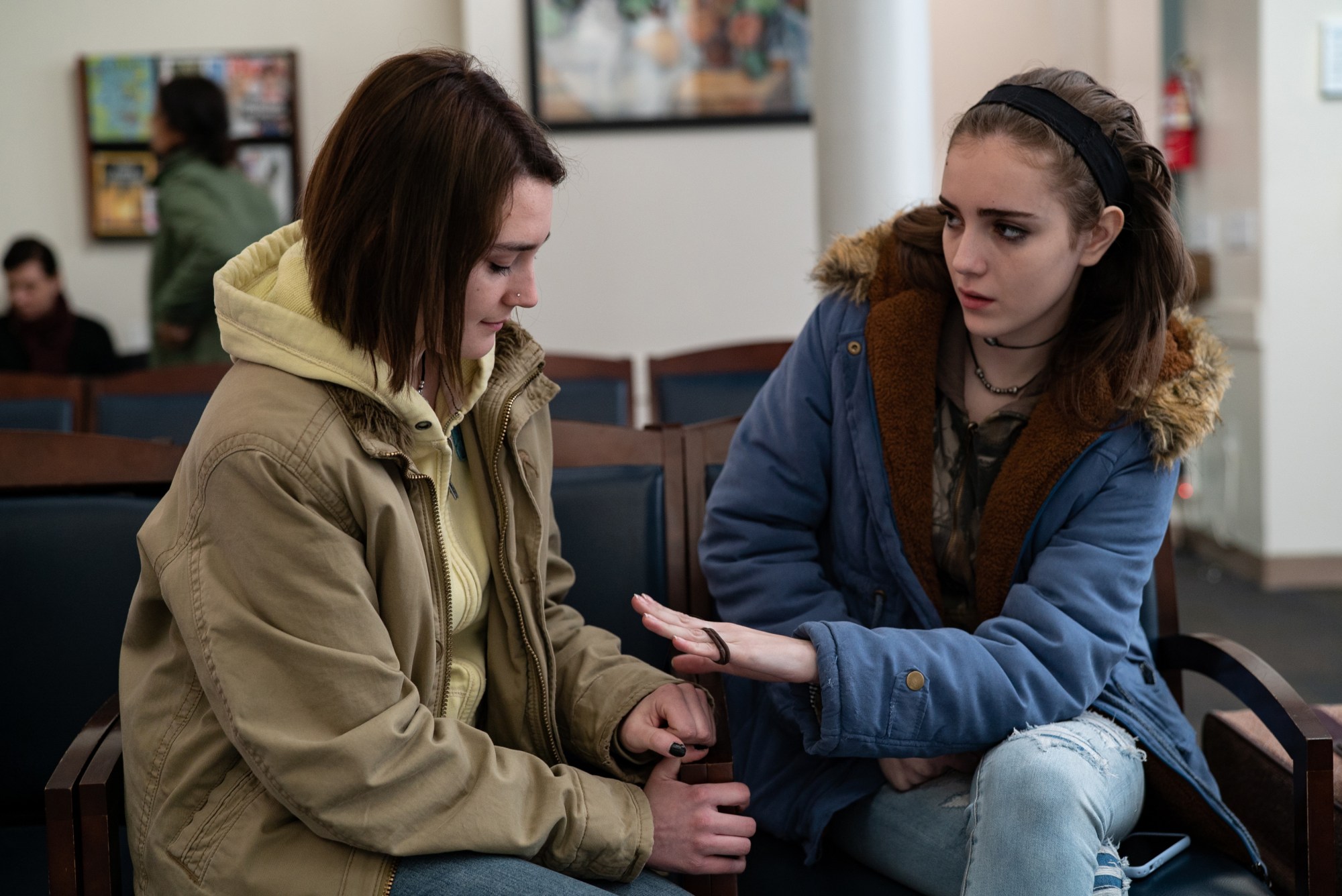In lieu of staged conversation, Never Rarely Sometimes Always chooses to tell a story with blank stares into nothingness; a consideration of what’s happening inside of someone that’s never fully vocalised. Internal monologues can be difficult things to translate onto the screen, but the film’s director Eliza Hittman has never been one to swerve that kind of creative adversity. She’s a master at it.
In her 2017 film Beach Rats, actor Harris Dickinson’s face became a canvas for masculinity at its most vulnerable. He played Frankie, a boy who balanced a life on the boardwalks of Brooklyn with his girlfriend and stereotypically masculine friends with a secret side of himself, as he conversed and slept with men after dark. In Never Rarely Sometimes Always, Eliza’s first film since then, the complexities of masculinity becoming an oppressive force for a high school outcast named Autumn, and her cousin, Skylar, who travel across state lines in search of an abortion without parental permission. Conversations are few; gestures of comfort and confusion lead Autumn through it.
The film premiered at the Sundance Film Festival back in January, bringing with it a slew of five star reviews and praise for its two lead stars. In the film, screen newcomers Sidney Flanigan and Talia Ryder play Autumn and Skylar respectively. The actors both hail from Buffalo, New York, and while Talia has appeared on Broadway before, this was Skylar’s first foray into acting.
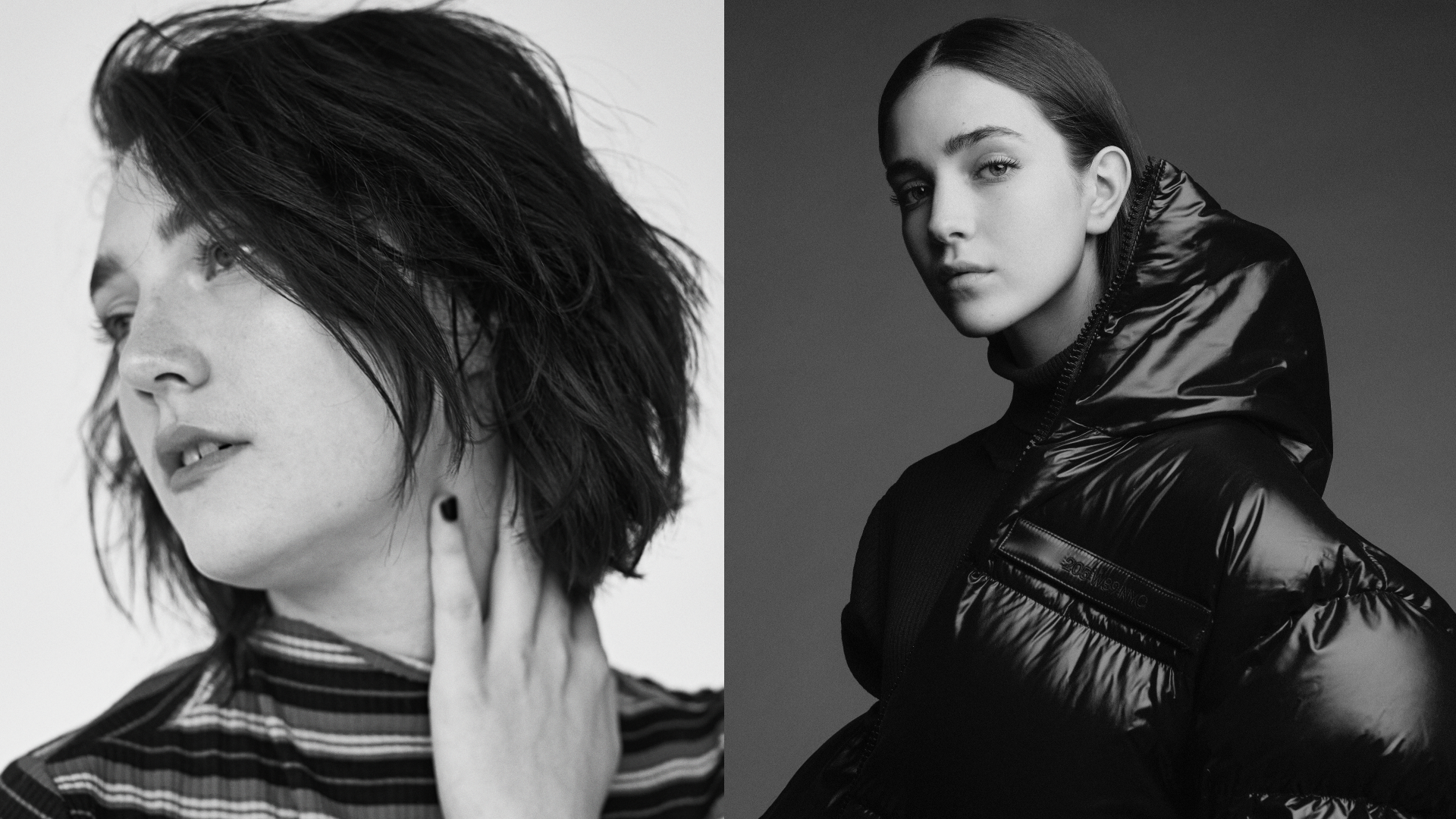
From the beginning, Hittman knew that she was looking for someone who could tell this story through expression alone. There are moments of connectivity between Autumn and Skylar on their journey, from Pennsylvania (where abortion for minors requires parental permission) to a clinic in New York City, but it never strays into the realm of well-rung movie sisterhood. It’s a quiet reliance created by two enigmatic performers.
Today, Sidney and Talia are, like the rest of the world, stuck on lockdown. Sidney’s been calling friends, playing guitar and reading books. Talia’s using the time to get caught up on movies (“I don’t usually have the time!”) she says, while finishing her final year of high school with Zoom classes. Together, they talked to us about the making of Never Rarely Sometimes Always, their Buffalo beginnings, and why their generation will be the one that will finally make a change on the reproductive rights of young women.
You both grew up in Buffalo, but hadn’t met until filming started. What were each of your formative experiences like growing up there?
Sidney: I don’t think we really talked too much about Buffalo together, because like I’ve been here my whole life. I grew up in South Buffalo, which is a little different, a little more isolated from the rest of the city sometimes. It’s a small yet large place all at the same time. Kind of weird.
Talia, you’ve moved to New York City since, right?
Talia: Yeah, I left when I was 12 to come live in New York. So I think I don’t know, my memories [sort of end] at elementary school!
Sidney, since you’ve lived there your whole life. Do you think you had a fairly run-of-the-mill upbringing?
S: My mom and dad were like, punk rockers! My dad played in a band and my mom was involved with the scene. I mean, my grandma was even a punk rocker back in the day. My mom had me when she was like 21, and my dad was still in a band [at that age]. So I grew up in this house where whenever other bands were on tour, they would crash at our house. When I was four years old, I’d come into the living room and there would be all these dudes with like, mohawks and leather jackets sleeping on our floor.
But there was always music around me. I loved it so much. So naturally, when I was a teenager, I started going to basement shows and starting up my own band — that’s what I was doing. When Eliza reached out to me to audition for this film, I wasn’t trying to act, you know? I wanted to be in a band, I was working in a grocery store, I lived with some roommates and was making music.
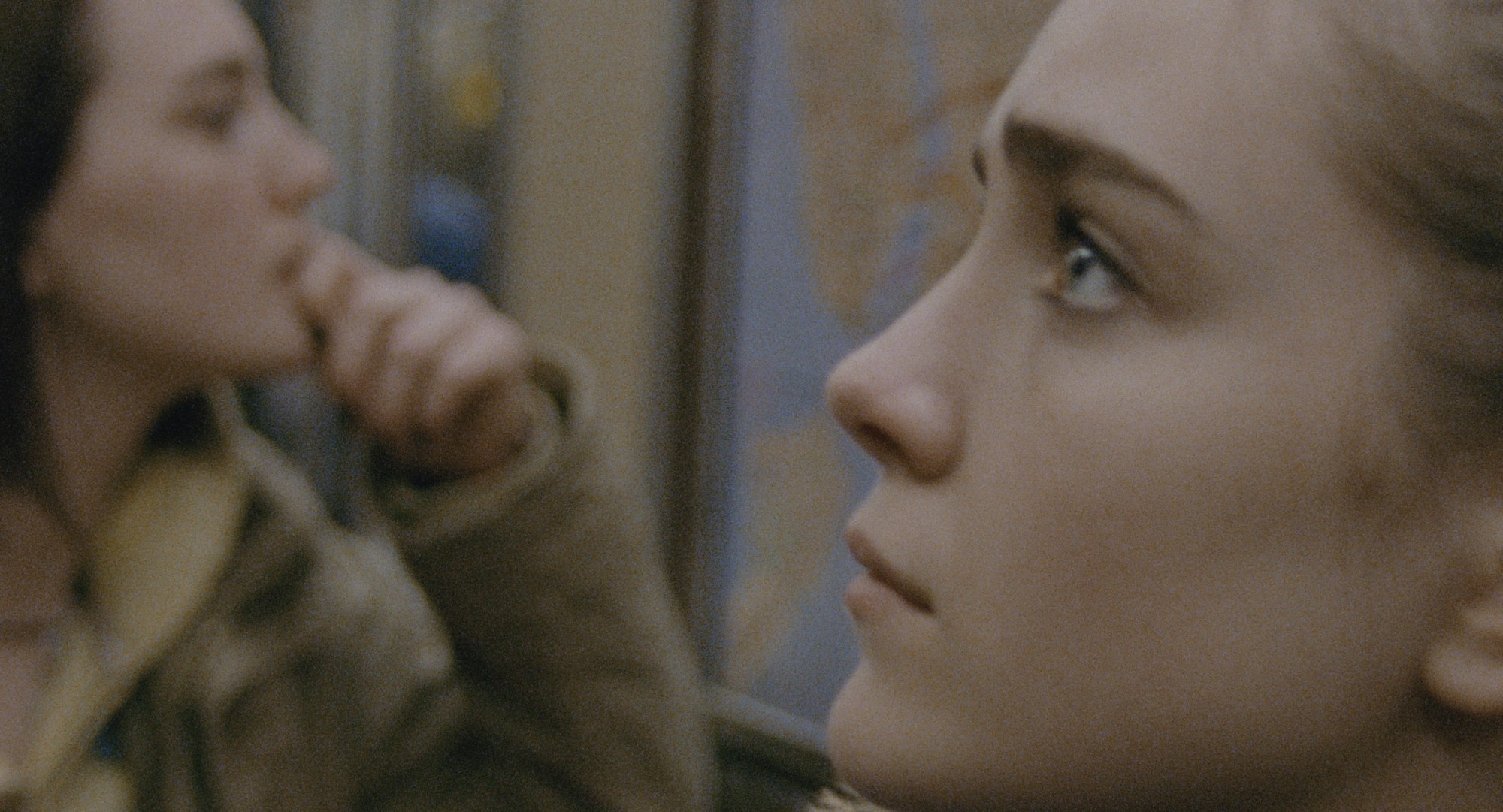
Can we go back the day where you both first met face-to-face? I understand, Talia, you sort of came into the film quite soon before the shooting began. And, and obviously there’s a real palpable dynamic that has to be established between you two.
S: We were casting for the role of Skylar and so I was in New York doing chemistry reads. I spent like a whole two days just reading with a lot of actresses. There were a lot of them that were good but I didn’t fully connect with any of them. Talia was the last to walk in, and as soon as she walked in the room everything felt so light. I just felt like I connected with her so quickly and we got to talking. We found out we were both from Buffalo. I remember really hoping that Eliza [would pick her].
T: I remember being kind of nervous coming in for an audition, because I was really passionate about the project and wanted to be a part of it. [Sidney and I] just got along really easily. She seemed like a real, genuine person.
Did you each have your own perception of that relationship your characters share?
S: The relationship between Autumn and Skylar in the film is more [true to life]. Normally, you might see a film about two girls going to New York City and they’re going to hit the town and have a great time… they’re going to be goofy! This is like a more realistic idea: these two women supporting each other. There is tension sometimes, you know, like, they’re obviously exhausted, and there’s some stress and anxiety but they still hold out for each other.
T: It’s a depiction of honest female friendship and solidarity. It’s a quiet film, which really makes the audience aware of the amount of trust that these two young women have in one another, and the journey that they’re going through. I think we all have Autumns and Skylars in our lives. That made it, not an easy thing, but a manageable thing to portray.
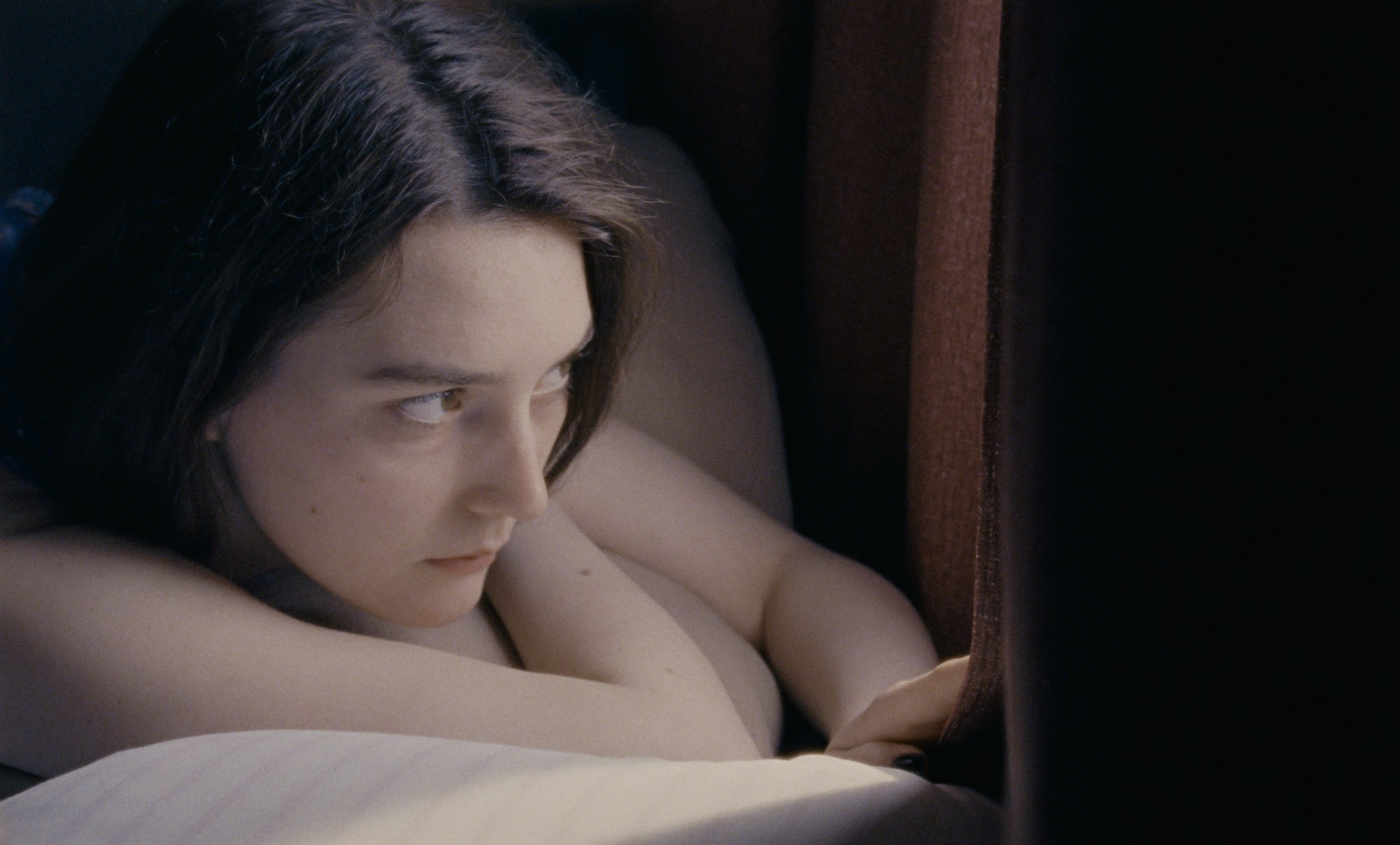
We’re watching a bunch of predominantly male lawmakers make decisions on the reproductive rights of women right now. You’re part of a young generation who’s fighting this long and arduous battle. Do you think your generation is underestimated?
S: For a long time, there have been people who have marched and protested. I think lawmakers, for the most part, have not cared about us. The balance of power is very, very crappy. I think they don’t care about us much. But like, that’s why I think it’s important that people just continue resisting and continue making their voices heard. And, you know, no matter how frustrating and hopeless, it might seem, sometimes that we know we can’t give up.
T: As long as people like Eliza keep making art, and keep speaking up about the injustices in our system, and talk about the fact that the laws just aren’t in the favour of young women at all in our country, eventually people will start to listen. Our generation will eventually be the ones holding those government positions and making those decisions. Hopefully, in our lifetime, that will change.
Eliza removed a few ‘fucks’ from the film so its rating could be lowered from an R to a PG-13. Why is it important that people of all ages get to see this film?
S: When I think about the stuff that I was watching when I was a teenager, it was misleading, and set you up for a lot of disappointment. In the world, and I think it’s important to see a film like this and — especially for women — to feel accurately represented, and to have their stories shown. It’s something that can be useful for sex education too; for people to see what these obstacles and barriers are, and why it’s important and essential healthcare.
T: Like Sidney said, I think the film serves so many purposes. For older people and older generations, hopefully it’s kind of an eye opening experience to problems that they may not have been aware of. I hope, for girls like me and girls my age, it’s a story in which you’re able to find sanctuary. I’ve gotten so many DMS and messages from girls my age thanking me for being a part of a story like this and opening up about their own experiences, which is heartbreaking and heartwarming at the same time to see that people connected with our film in such a way. But that’s what you want to do with a piece like this. That makes me really happy.
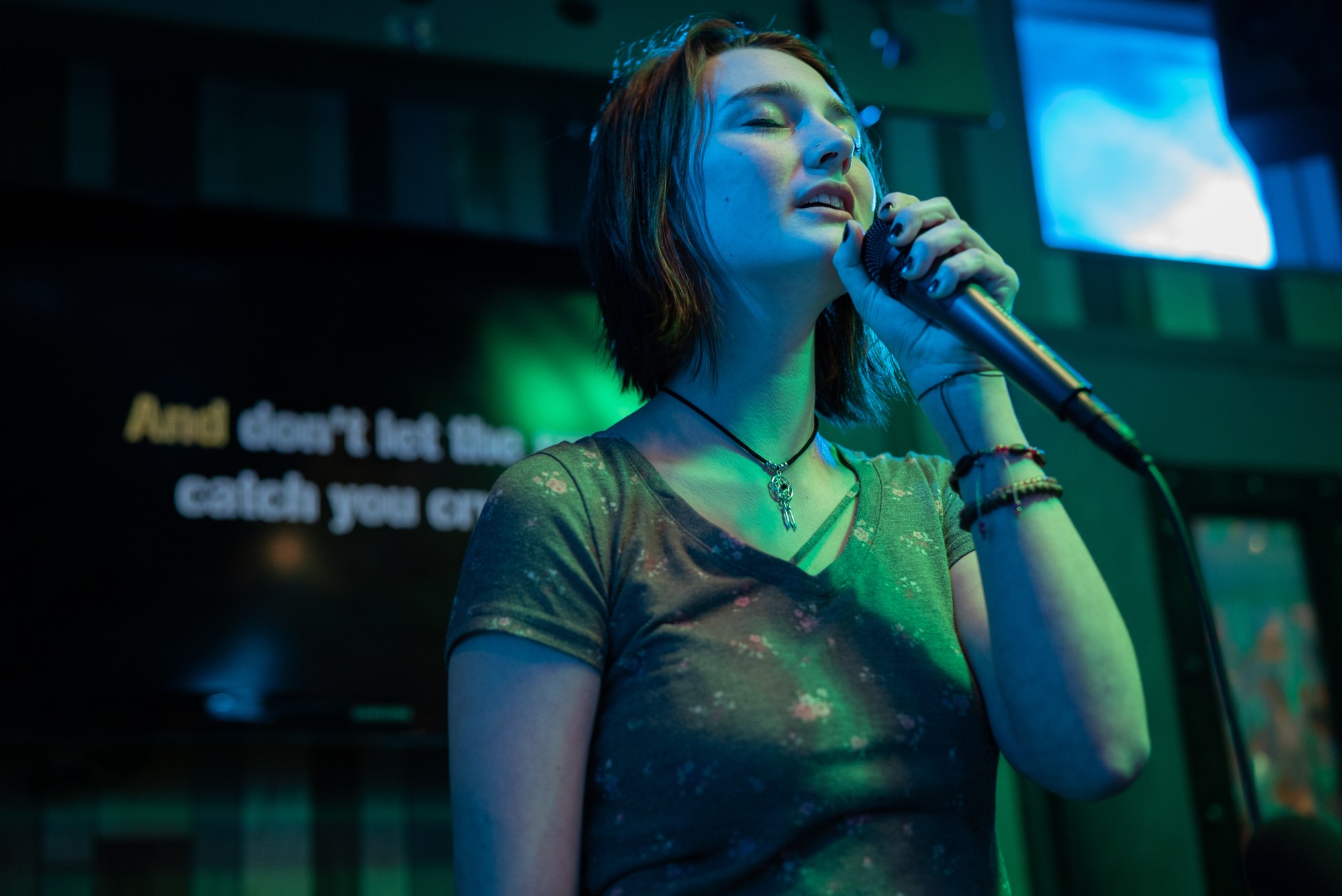
When you were younger, what movies did you see yourselves in?
T: I was a dancer when I was younger, and the film I had on a lot was The Mask with Jim Carrey. I wanted to be Jim Carrey. There’s that one dance number he does with the police officers. I just remember thinking that was the coolest thing ever.
S: When I was a kid, I never really identified with any female characters. You know, seeing these male characters that were, all cool and intelligent and heroic… I always wanted to like ‘em. I loved Spider Man growing up. I wanted to be Spider Man so badly. I loved Pirates of the Caribbean too. [In my mind] I was totally Jack Sparrow, and always imagined being that badass! I really want to see more movies where women are less of a romantic interest and more like the badass or the hero. Even this movie kind of does that, you know? I think Autumn is badass. She took a real journey here.
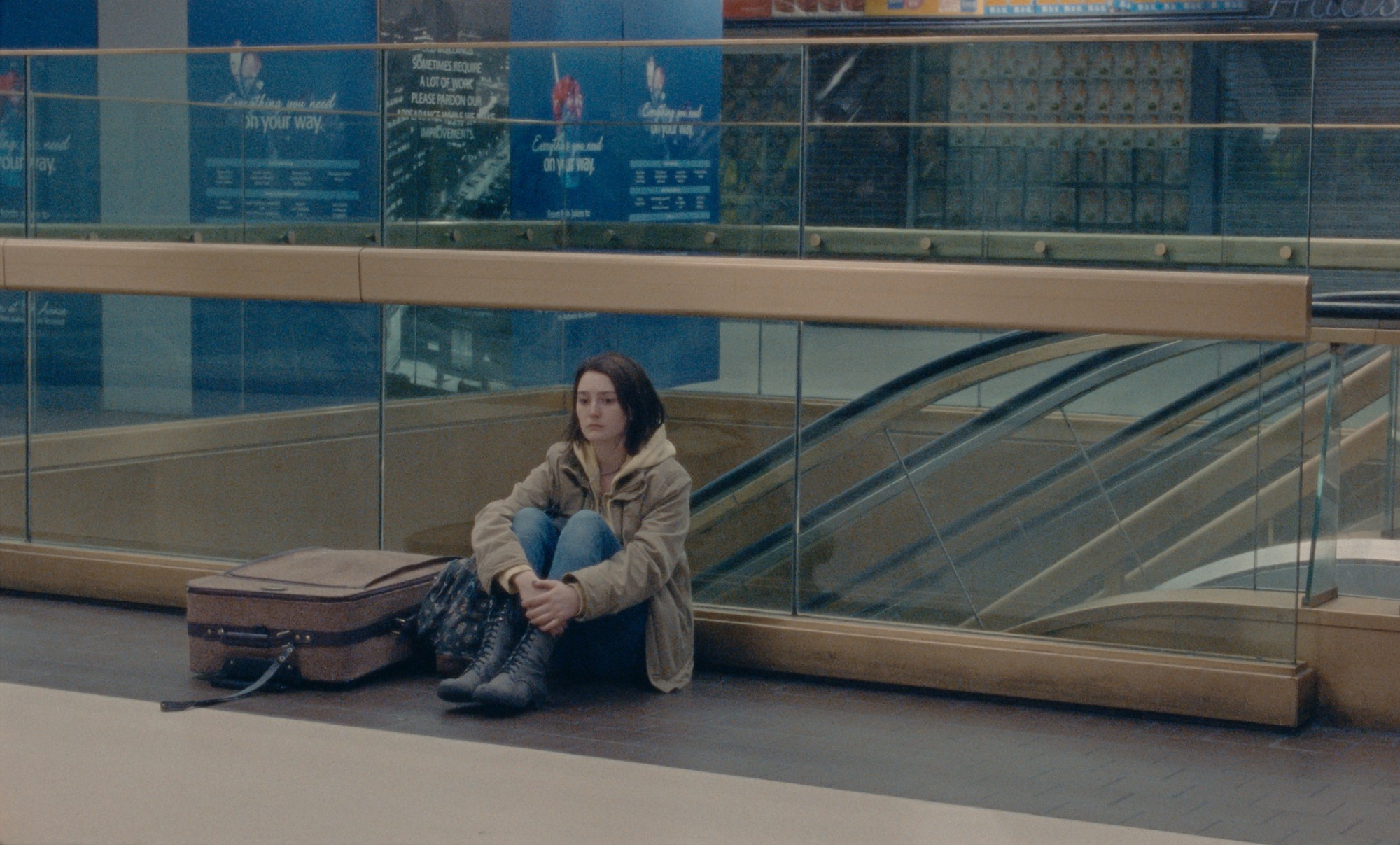
Do films, in your eyes, exist to entertain or inform?
S: Art has a variety of purposes. There can be what it means to the person who is creating it in their vision, and then every now and then, you know, the audience can interpret it [in their way]. It’s sort of subjective in that sense.
T: I would have to agree. I’ve been watching a lot of movies during quarantine, and this is something I’ve been thinking about a lot. I have a hard time separating the visual aspects of a movie from the overall message of a story. But I think, as long as you’re saying something with what you’re doing, it doesn’t have to be as weighted as Never Rarely Sometimes Always. As long as you’re using your art to make a point, that’s what matters.
Never Rarely Sometimes Always is available digitally in the UK and Ireland from 13th May and will be available on VOD from 27th May
